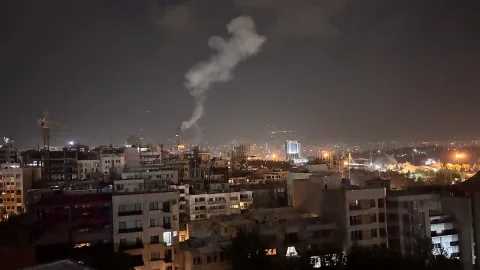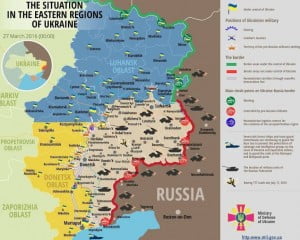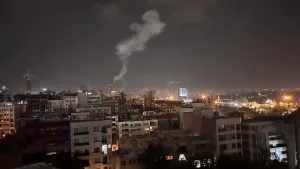Instead of properly recognizing those already in the ranks, those who have been risking their lives since 2014 or 2022, the state simply ignores their needs. Those who took up arms from the first days of the war, who put their lives on hold, have now been left behind. Their loyalty is taken for granted. Their silence is seen as agreement.
When I was first mobilized, I wasn’t paid a salary for five months. And there are thousands like me. Some still haven’t received their injury compensation. Some are in court fighting for compensation for fallen comrades. Yet, in the 12th year of this war, billions suddenly appear to attract new contract soldiers—with salaries, social benefits, and “bonuses.”
And this is not just unfair. This is discrimination.
This law distorts the very meaning of military service in a country at war. It’s no longer about defending the nation—it’s about a lucrative contract. A business. A well-paid job. Maybe that makes sense in another country, where the army is just another career choice. Where you knowingly sign a contract, receive payments, social protection, and can decide at any moment whether to stay or leave.
But that’s not the case here. This isn’t a peacetime professional army. This is a war for the country’s survival. That’s what we say on TV, isn’t it? Then why is the approach to the military treated like just another business project?
In 2014, people went to fight in sandals and with their grandfathers’ rifles because there was no other choice. In 2022, people left their offices, factories, and shops, heading to the front in jeans and sneakers—because they knew this wasn’t about money. This was about their homeland.
And now we’re being told that we could have waited, signed a contract, and gone to war for a year for a million? That now it’s a choice—to go or not to go? If that choice had existed in 2022, we would have lost this war back then.
There can’t be a business component here. This is a matter of urgent necessity—defending our land here and now. So the logical question is: why the hell does it turn out that those who went earlier are now in a worse position? Where are their guarantees, their social protections, their fair service bonuses? Where’s the answer to the question: “And when do we get to rest?”
How is the person who signed a contract for a year and received all the perks fundamentally different from their comrade who joined a month, a year, or five years earlier? One has a clear future ahead: served, earned, got an education, and moved on. The other lives in uncertainty. His only “out”—a serious injury, death, or searching for ways to demobilize on his own.
The government doesn’t feel or recognize that the entire military today relies on temporarily surviving volunteers and 55+ year-old infantry veterans who live in the dirt for half a year to a year. They sleep in the dirt, eat in the dirt, relieve themselves in the dirt, and hold this land. They are the ones whom the war didn’t ask if they were ready—they simply took up arms and went. And these people deserve more than just a “thank you” and a 1000 UAH bonus.
If the army has become contractual and motivation is now based on finances, where is the service length bonus? Not a ridiculous handout of a thousand hryvnias, but a real one—at least 50%+—like in any profession that deals with life and death.
You can’t sell military service like a regular labor market when you’re simultaneously not giving those who are already fighting any clarity on when or how they’ll be able to return to normal life.
This failure in mobilization is not the fault of the people. It’s the fault of those who, after two years, still haven’t reformed the military enlistment system (TCC), haven’t brought order to the military-medical commission (VLC), and haven’t punished the “invalid prosecutors” and “reserved circus performers.” The worst blow to the recruitment of the Ukrainian Armed Forces didn’t come from draft dodgers but from corrupt commissars and doctors who rubber-stamped decisions for money.
And the biggest problem of the army today is that its issues are managed by people who don’t know what war is. Those who think solutions lie in gifts of televisions and kettles for the wounded in hospitals. Those who view soldiers as a resource, not as people. Because you know what? You don’t have to worry about those already in the ranks. They won’t go anywhere. They’re already there.
The army isn’t a job where better conditions should attract new employees. It’s a common cause, and if the state doesn’t value those who are already carrying this war on their shoulders, new contracts won’t fix the situation. Because tomorrow, there may be no one left to win this war.
If we are truly building a professional army, then everyone should receive fair conditions, not selective “perks” for those who came at the “right” time. If we are fighting for the survival of the state, then the system should value everyone who has taken on this responsibility, not treat it as just a “one-year job.”
Tags: Analytics russia ukraine war






















